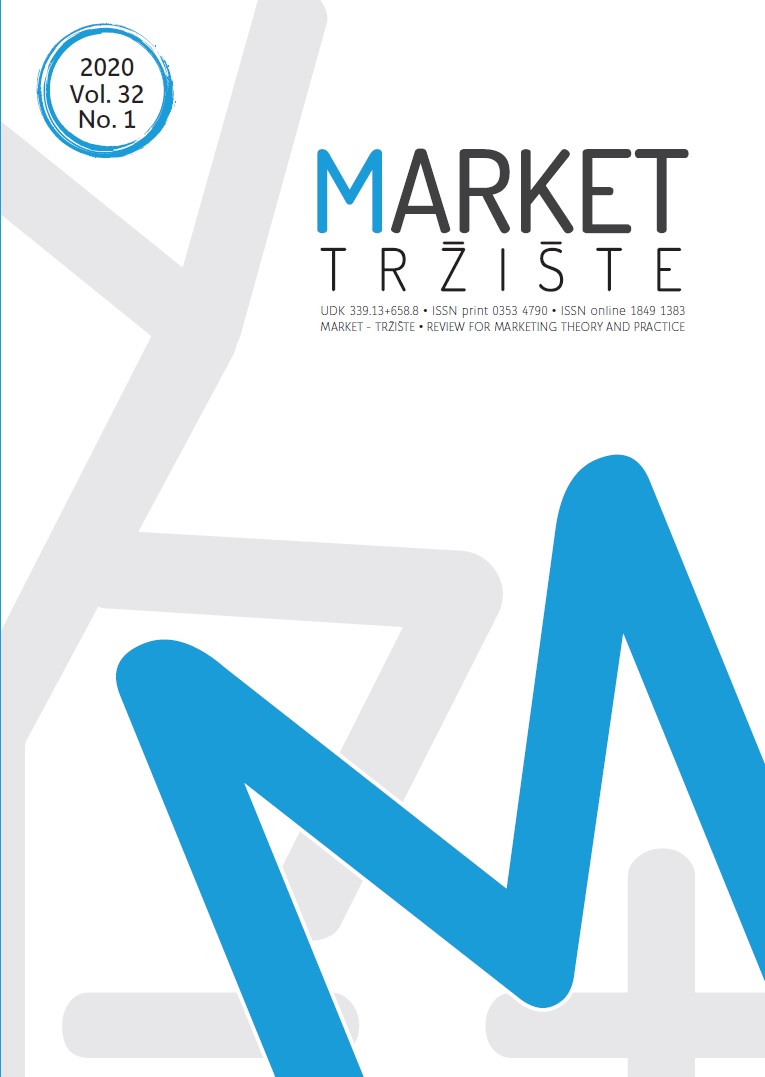Determinants of Repurchase Intention and Switching Intention: Analysis of Online Travel Agent, Peer-To-Peer Accommodation, and Virtual Hotel Operator Platforms
Determinants of Repurchase Intention and Switching Intention: Analysis of Online Travel Agent, Peer-To-Peer Accommodation, and Virtual Hotel Operator Platforms
Author(s): Andrianto Prasetya Nugroh, Sri Rahayu Hijrah HatiSubject(s): Business Economy / Management, Marketing / Advertising, Tourism
Published by: CROMAR (Hrvatska zajednica udruga za marketing) i Ekonomski fakultet Zagreb
Keywords: Airbnb; online travel agency; online-booking hotel; peer-to-peer accommodation; repurchase intention; satisfaction; trust;
Summary/Abstract: Purpose – The aim of this research is to analyze the relationship between satisfaction, trust, repurchase intention, and switching intention in online-booking hotel platforms.Design/methodology/approach – The research involved 600 respondents who have ever used an online-booking hotel platform in all stages of the transaction process (from the start until the end of service). The purposive sampling method was used, and the data were analyzed by using structural equation modeling (LISREL). Findings and implications – The results show similarities in positive relationship between variables in the three types of platform. Those were experience-based satisfaction and disposition to trust, experience-based satisfaction and institution-based trust, transaction-based satisfaction and experience-based satisfaction, transaction-based satisfaction and institution-based trust, transaction-based satisfaction and repurchase intention, and institution-based trust and disposition to trust. The implication is that industry professionals operating online travel agent platforms should not neglect transaction-based satisfaction as it has significant effects on switching intention, repurchase intention, and institution-based trust. Limitation – Respondents in this study only included Indonesian residents, booking with companies in Indonesia. The findings in this study cannot represent conditions around the world. Originality – Most studies on hospitality and tourism only explore one online booking platform as their object although different platforms can provide different findings. This paper contributes to the existing literature by dividing online booking platforms into three types: online travel agency, peer-to-peer accommodation, and virtual hotel operator.
Journal: MARKET/TRŽIŠTE
- Issue Year: 32/2020
- Issue No: 1
- Page Range: 79-96
- Page Count: 18
- Language: English

